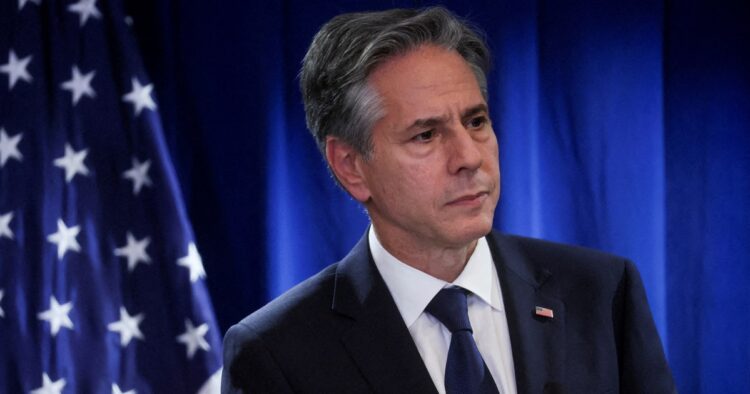The upcoming visit of US Secretary of State Antony Blinken to China next week is gaining attention amid growing concerns over China’s relationship with Russia.
Analysts suggest that while the US hopes for breakthroughs on various issues, including counternarcotics and military communication, the visit might not yield significant advancements. This is especially pertinent as the US warns China against supporting Russia in its conflict with Ukraine, highlighting the direct involvement of Chinese companies in supplying parts to Russia’s defense industry.
One of the issues on the agenda is the transfer of dual-use materials and weapons components from China to Russia, as highlighted in a joint statement by the G7 foreign ministers. These materials include microelectronics, unmanned aerial vehicles, and cruise missile technology, among others, which aid Russia’s military manufacturing.
Blinken emphasized during a recent press conference that China cannot support Russia while maintaining good relations with Europe, signaling the seriousness of the matter.
Responding to these concerns, the US is prepared to take action against Chinese companies that undermine security in Ukraine and Europe. Speculations suggest that sanctions might be imposed on Chinese institutions facilitating the transfer of these items, following similar actions taken in the past.
However, China has dismissed these concerns, asserting its compliance with legal regulations in controlling the shipment of dual-use materials to Russia.
The visit comes amidst ongoing efforts to stabilize China-US relations, with high-level diplomatic engagements preceding Blinken’s trip. These include discussions between President Biden and Chinese President Xi Jinping, Treasury Secretary Janet Yellen’s recent visit to Guangzhou, and White House national security adviser Jake Sullivan’s meeting with Chinese Foreign Minister Wang Yi in Munich.
Blinken’s visit is seen as a crucial step in this diplomatic process, occurring just weeks before the inauguration of Taiwan’s incoming president, Lai Ching-te, on May 20.
Blinken’s visit to China holds significance in addressing a range of pressing issues, from military cooperation to counternarcotics efforts.
However, the outcome remains uncertain amidst tensions over China’s support for Russia and concerns regarding the transfer of sensitive materials. The visit underscores the complexity of navigating diplomatic relations in a rapidly evolving geopolitical landscape.

















Comments